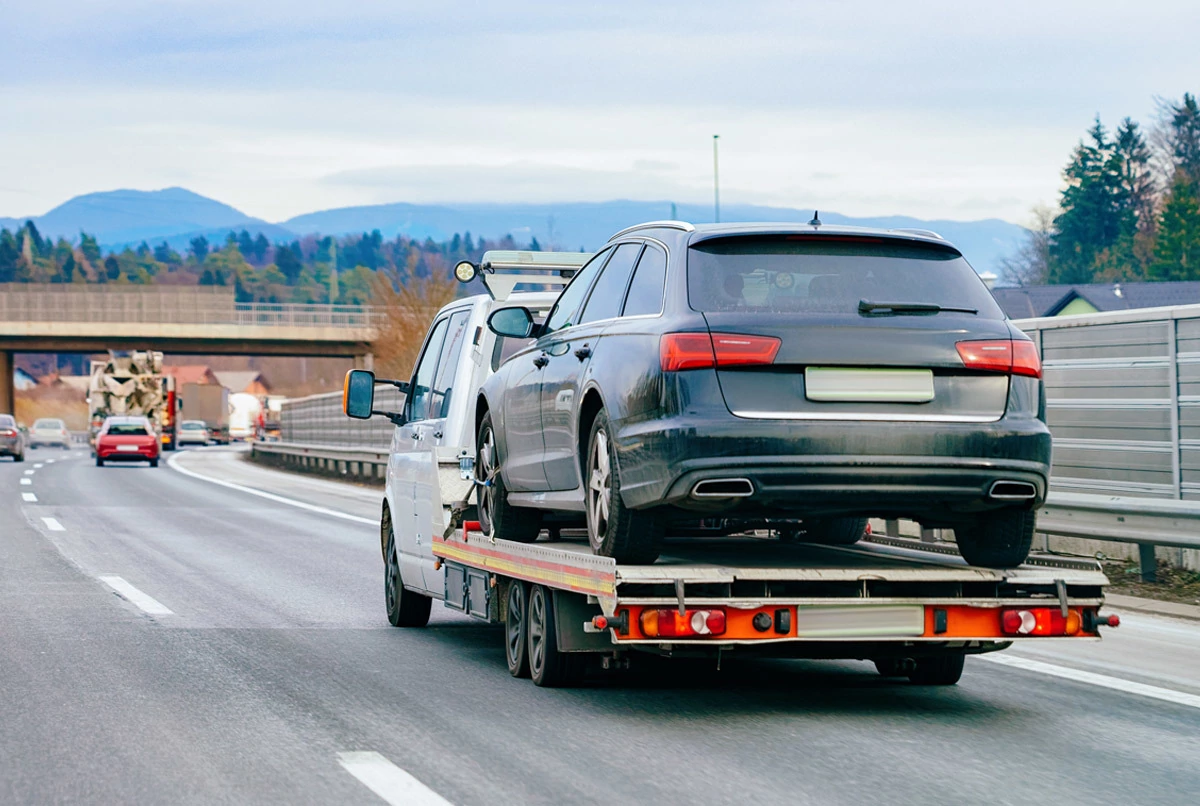When the time comes to say goodbye to your old or unwanted car, successful car removal is key to ensuring a smooth transition. Whether you’re selling your car, donating it, or simply disposing of it, these secrets will help you navigate the process effectively. Learn More: Car removal Gold Coast
Know Your Options
Before starting the car removal process, understand your options. You can sell your car privately, trade it in at a dealership, donate it to a charity, or scrap it for parts. Each option has its pros and cons, so choose the one that aligns best with your goals.
Gather Necessary Documents
Ensure you have all the required documents for the car removal process. This typically includes the title, registration, and any maintenance records. Having these documents ready will streamline the process and prevent delays.
Assess the Car’s Value
Determine the current market value of your car. Research online, consult pricing guides, and consider the vehicle’s age, condition, mileage, and demand in your area. This information will help you set a reasonable asking price or trade-in value. Learn More: Cash for scrap cars Gold Coast
Prepare the Car
Before removal, clean out the car and remove all personal items. Make sure the vehicle is in the condition you agreed upon with the buyer or the recipient. A clean and well-maintained car is more appealing to buyers and easier to assess for its value.
Choose a Reputable Service
If you’re opting for professional car removal or scrapping, choose a reputable service. Read reviews, ask for recommendations, and verify the company’s licensing and certifications. A reliable service will ensure a hassle-free process.
Negotiate Fairly
If you’re selling or trading in your car, negotiate fairly with potential buyers or dealerships. Be open to reasonable offers, and ensure that both parties feel they are getting a fair deal. A respectful and transparent negotiation process often leads to successful outcomes.
Remove License Plates
Before the car is towed away or taken by the new owner, remove the license plates. In many places, plates stay with the owner, not the vehicle. Check your local regulations and return the plates as required.
Transfer Ownership Properly
Follow the legal procedures for transferring ownership. Complete any necessary paperwork, such as the bill of sale, and notify your local DMV or equivalent authority of the sale or donation. This step ensures you are no longer liable for the vehicle.
Evaluate Donation Opportunities
If you’re donating your car, research charitable organizations that accept vehicle donations. Verify the charity’s legitimacy and determine how the donation will be used. Some charities provide tax deductions for vehicle donations, so be sure to understand the tax implications.
Verify Towing and Pickup Arrangements
If your car is being towed away for scrapping or recycling, verify the towing and pickup arrangements. Ensure the date, time, and location are convenient for you. If the service charges for towing, clarify the costs upfront to avoid surprises.
Environmental Considerations
When removing your car, consider the environmental impact. If your vehicle is at the end of its life and not suitable for resale, choose a recycling facility that responsibly disposes of its parts and materials. Recycling helps reduce waste and conserves valuable resources. Link
Be Aware of Vehicle Regulations
Understand your local and state regulations related to car removal. Some areas have specific rules and requirements regarding the disposal of vehicles, particularly older ones. Compliance with these regulations is crucial to avoid legal issues.
Maintain Contact Information
Keep a record of contact information for the towing service or the new owner. This information can be handy in case you need to follow up on any issues, such as missed pickups or title transfer delays.
Handle Your Personal Information
Before removing your car, remove all personal information from the vehicle’s infotainment system, GPS, and other storage areas. Protect your privacy and data security by ensuring that no personal data remains in the car.
Be Transparent About the Vehicle’s Condition
Whether you’re selling, donating, or scrapping your car, be transparent about its condition. Describe any known issues, damages, or mechanical problems to avoid misunderstandings and ensure a smooth process.
Verify Payment or Donation Receipt
If you’re receiving payment for your car or a donation receipt for tax purposes, ensure you have the necessary documentation. Confirm that the payment is accurate and that you receive a valid receipt for tax deductions if applicable.
Explore Charitable Impact
If you’re donating your car, take the time to understand how your donation will impact the charity. Inquire about the specific programs or initiatives your donation will support, and feel confident that your contribution is making a positive difference.
Dispose of Hazardous Materials
If your car contains hazardous materials, such as old oil, fluids, or batteries, dispose of them properly according to local regulations. Many recycling facilities or auto shops accept these materials for safe disposal.
Verify Vehicle Removal Timing
Coordinate the removal of your car to align with your schedule and preferences. Confirm the timing with the towing service or the new owner to avoid any inconveniences or delays.
Leave a Positive Impression
Regardless of the reason for car removal, aim to leave a positive impression on the buyer, the towing service, or the charity. A courteous and respectful attitude enhances the overall experience and can lead to smoother transactions in the future.
Protect Your Personal Assets
Before parting ways with your car, remove any valuable or personal items from the vehicle. This includes items like electronics, important documents, and sentimental belongings. Don’t forget to check the glove compartment, center console, and trunk for any overlooked items.
Clear Out the Fuel Tank
If your car is not in working condition or is going to be scrapped, it’s essential to remove any remaining fuel from the tank. This precaution ensures safety during towing and disposal.
Secure the Spare Tire and Tools
If your vehicle has a spare tire and accompanying tools, make sure they are securely in place before removal. These items are often overlooked and can be valuable for the new owner.
Plan for Transportation
If you’re selling or donating your car and need a way to get home after it’s removed, plan for transportation in advance. Arrange for a ride from a friend or family member or consider public transportation or rideshare services.
By following these 10 secrets to successful car removal, you can streamline the process and achieve your desired outcome, whether it’s selling, donating, or disposing of your vehicle. Successful car removal not only benefits you but also contributes to responsible and eco-friendly car disposal practices.
By considering these additional factors when removing your car, you can ensure a successful and responsible process that benefits both you and the environment. Car removal, when done thoughtfully, contributes to efficient recycling, supports charitable causes, and aligns with responsible vehicle disposal practices.




